can a 2 month old go in a chlorine pool
The biggest misconception is how your dog actually approaches swimming. Answer From James T C Li MD PhD.

Chlorine In Swimming Pools Transforms Sunscreen Into Cancer Causing Toxic Chemical Right On Your Skin Healing The Body Pool Swimming Pool Maintenance Swimming Benefits
There are varying opinions on this topic but most experts agree that there are risks with exposing newborns to swimming pool water.
. As a rule of thumb if its something you would expose your baby to then its something you can do if youre breastfeeding. For example granular chlorine has a long shelf life but chlorine in liquid form does not. More than half of those affected.
Chlorine will not hurt your baby as long as the water is balanced. FRIDAY June 1 2018 HealthDay News -- Before you take a dip in the pool this summer be sure theres not too much chlorine in the water. Pool test strips can be bought online or at most big box and hardware stores particularly.
Buy pool test strips and use them to check the chlorine and pH levels of the pool. If your baby is younger than 6 months make sure the pool is heated to about 32 C. The chlorine levels found in neighbourhood and public pools are generally kept a little high in order to keep other infections at bay.
Over the past 10 years more than 500 people in California have been exposed and sickened by too much chlorine while swimming according to the California Department of Pesticide Regulation DPR. The months of May and June are primarily known for two things in India. So if you buy liquid shock be aware that it only lasts one to two months at the most before it starts to lose effectivenessWhile many swimming pool chemicals stay good for years if stored correctly some pool-maintenance supplies expire more quickly.
Chlorine tablets should always be stored in their original containers and kept in a safe place inaccessible to pets and children. One the scorching summer heat and two schools closing for summer break. April 8 2002 -- For decades chlorine has been used to disinfect public drinking water and swimming pools.
Once baby is comfortable with water in the shower and tub its time to graduate from to the pool. According to the CDC a proper free chlorine level of 1-3mgL or parts per million ppm and pH of 7278 maximizes germ-killing but still does not kill all pathogens. Never leave your baby alone or in the care of another young child in or near a pool.
Some research suggests that infant swimming in chlorinated pools might increase the risk of airway inflammation but there isnt enough information conclusively linking infant swimming and asthma to warrant keeping healthy babies out of indoor pools. You dont have to wait until your baby is immunised to take them swimming. Ideally a pool will be between 85 and 87 degrees Fahrenheit.
June 4 2007 -- Infant swimming lessons may lead to problems with childrens lung development and possibly make asthma. Early exposure lessens the later fear of water. If you notice that your baby feels especially cold or is he starts to shiver it is definitely time to get out.
Also remember that babies less than one-year old should never swim in a public pool. However you should always remember to make sure your baby is old enough to go swimming. Babies can also pick up an infection from water.
Swimming can be dangerous for babies younger than 2 months. Yes swimming in a chlorinated pool is fine for breastfeeding moms. You can usually enter this stage between one and two months of age.
There are two reasons for this precaution. Sadly swimming and breathing troubles can go hand in hand. Keep in mind how busy the pool is the temperature of the water and whether the pool is indoors or outdoors.
Its best to go to baby swimming lessons in warm pools. Or use a chlorinated pool thats well-ventilated and doesnt smell strongly of chlorine. In short this answer is yes.
The other day I enjoyed holding our seven-week-old granddaughter Ashton for a short dip in our swimming pool. The chlorine in the pool cant reach your breastfeeding baby in any significant amount. If your baby does have asthma and her symptoms seem to be triggered by spending time in a swimming pool talk to your asthma nurse for further.
In fact swimming is great postpartum exercise. The biggest risk to both pets and people are related to handling the chlorine in its concentrated form before it is placed in the pool. Look for a free chlorine level of 1 to 10 mgL or parts per million ppm or a bromine level of 3 to 8 ppm.
Chlorine gas can be dangerous if inhaled and direct contact with undiluted. If you do opt to use an indoor chlorinated pool. If you do plan to swim make sure to test the water for proper chlorine and pH levels and bathe before and after swimming with a.
Some private baby swimming classes start as early as four weeks. Theres no need to wait until your baby is immunised. A large public pool would be too cold for a baby under 6 months.
If your baby is younger than six months old look for a pool thats heated to about 32 degrees C. Chlorine Chemicals From Pools May Harm Infants Lungs Researchers Suggest. Fortunately there are ways to make your babys exposure to chlorinated water safer.
A pH of 72 to 78 maximizes germ-killing power. Keep in mind that chlorine and other disinfectants dont always kill all pool germs instantly and some super strong bugs tolerate most levels of chlorine. Overall if your furry friend is properly cared for after and while swimming chlorine is safe.
When Can Babies Go in the Pool. Its understandable to be concerned about a chemical that dries out skin and hair and that has a smell that can linger long after a. NHS 2016 before taking him to a pool.
A large portion of the water can be lost quickly through splashing or from spilling out making it hard to figure out how much disinfectant should be added. Drowning is the number one cause of injury-related death. Test the water to ensure that the temperature is suited for younger children before just diving in with them.
It is not safe to use bleach or pool disinfectant chlorine or bromine in the water in small inflatable or plastic kiddie pools and water slides for a few reasons. It is typically recommended that babies have all initial immunizations completed typically 4 to 5 months old. Alternatively babies are also sensitive to warm water and.
For babies younger than 2 months their vulnerable immunity systems can be a concern when going in the pool. Generally you will want to wait at least 4 hours but ideal is waiting for one complete turnover of the water the time it takes all the water to go through the filter. If you do use a chlorinated pool you could take your baby swimming just once a week to reduce her exposure.
Therefore its generally best to wait until your baby is around 2 months old before you take them swimming. Now British researchers say that a chemical by-product of chlorine --.
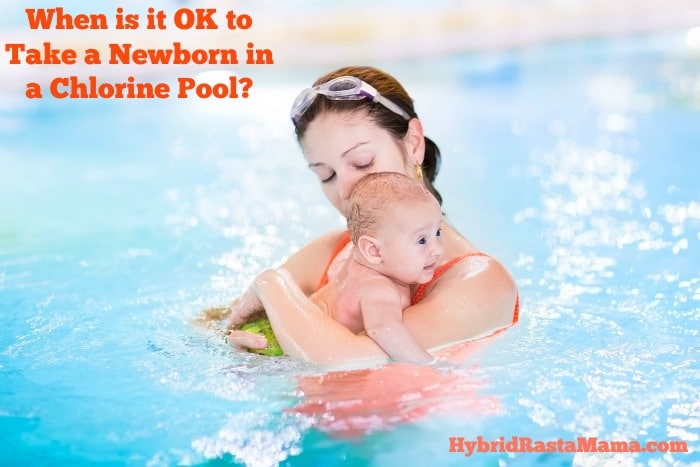
Chlorine And Babies When Is It Ok To Take A Newborn In A Chlorine Pool Hybrid Rasta Mama
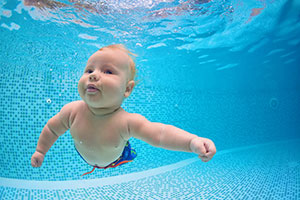
When Can Babies Go In The Pool Infant Pool Safety Tips Redirect Health Centers

Protect Your Baby S Eczema From Irritation At The Swimming Pool Splash About Uk

Ask Dr Sears Too Young For The Pool Parenting

When Can Babies Go In Pools Babycenter Baby Pool Baby Swimming 1 Month Old Baby
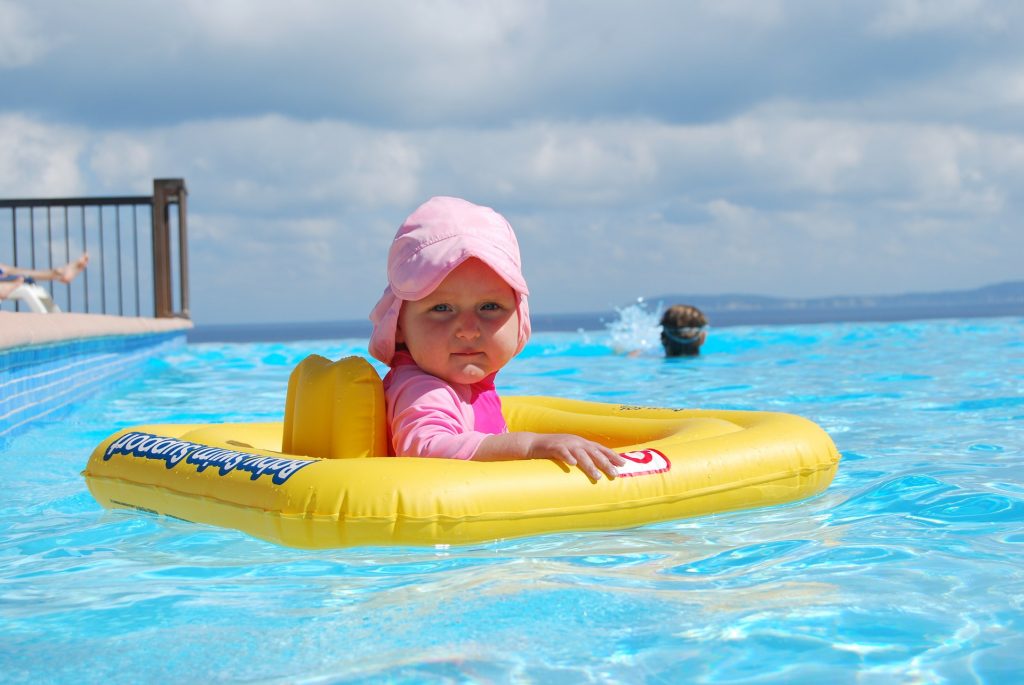
Is A Chlorine Pool Safe For Babies

Is Chlorine Bad For Your Little Swimmer S Eyes Ochsner Health

When Babies Can Go In Swimming Pools Babycenter
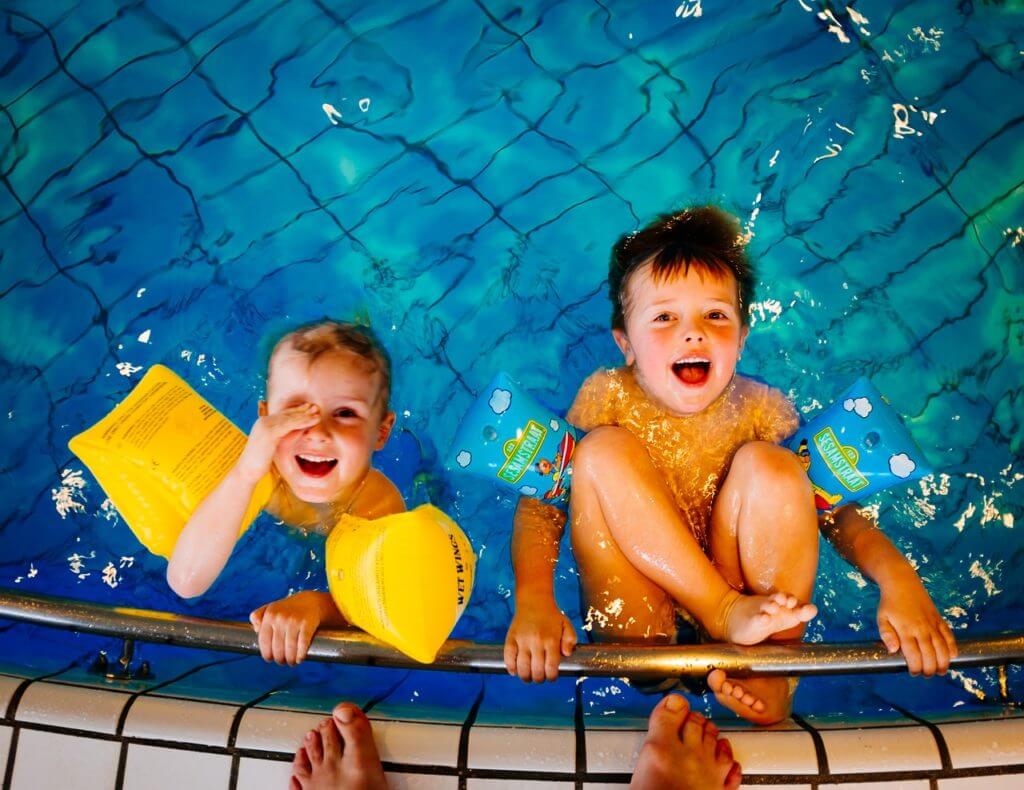
Three Ways Pool Chlorine Can Harm Your Child S Health
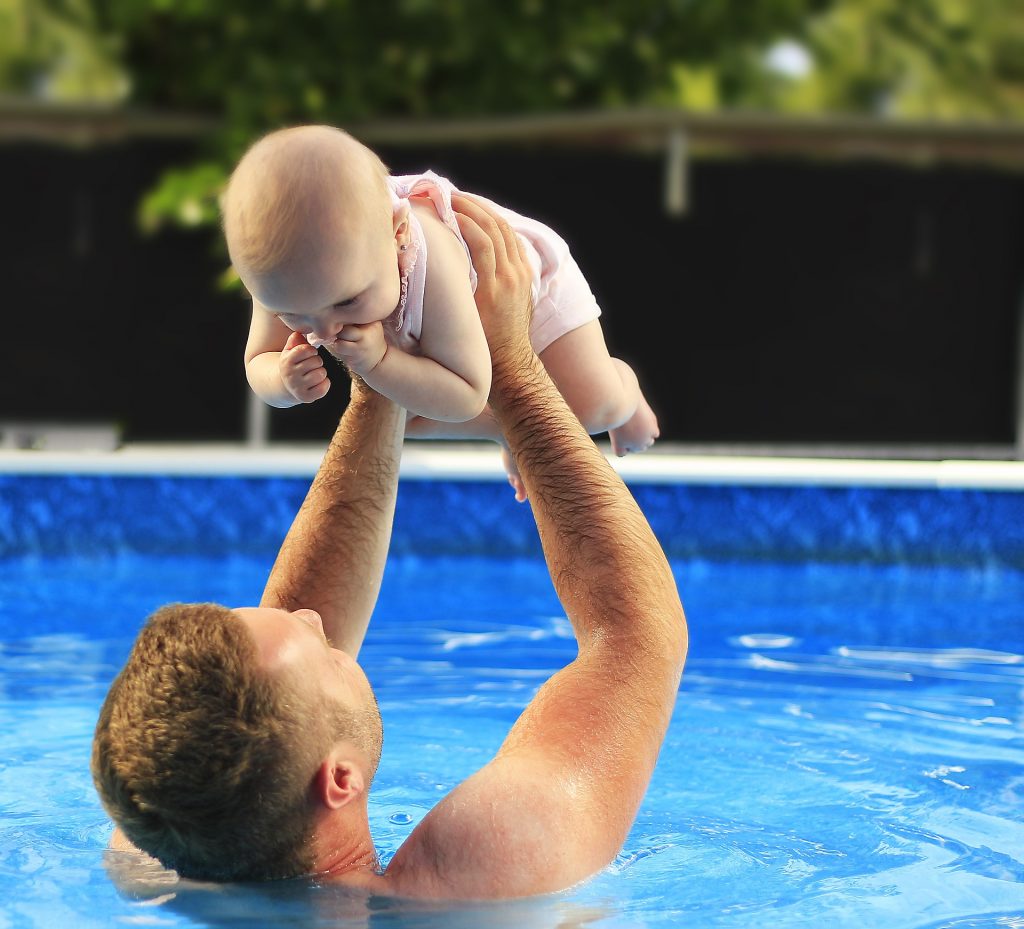
Is A Chlorine Pool Safe For Babies
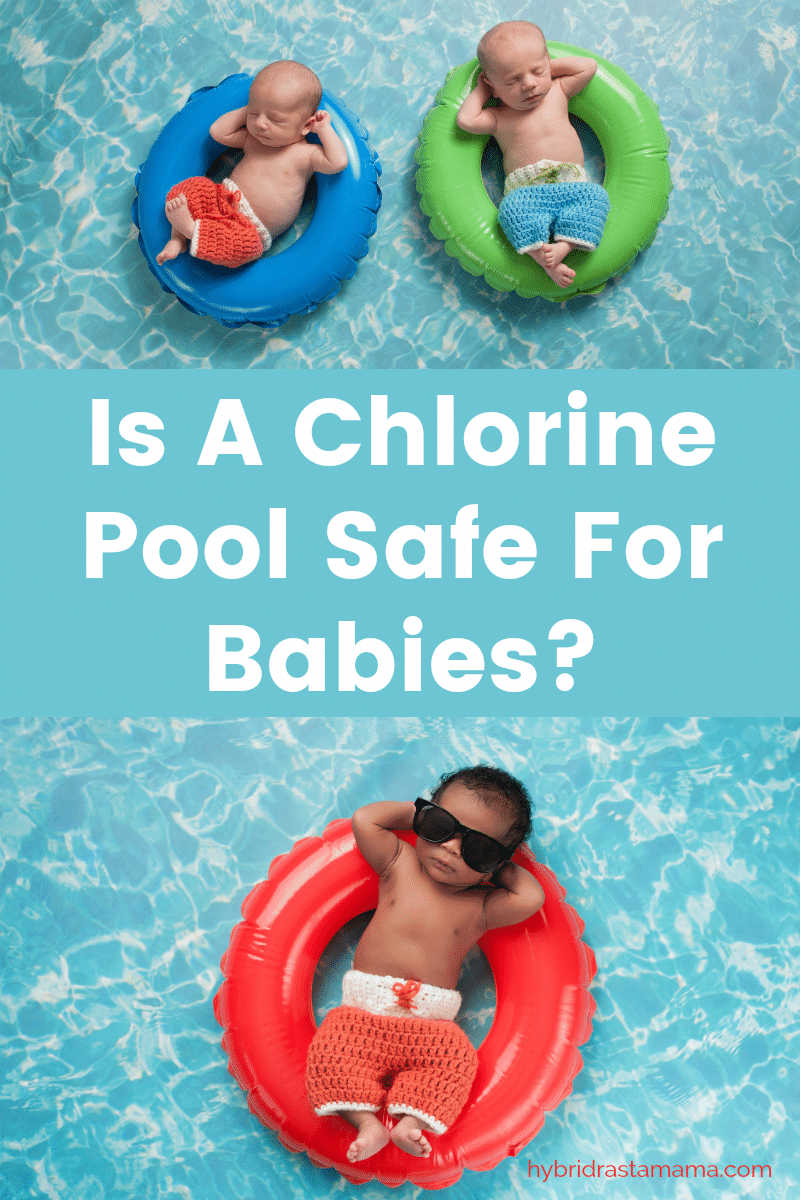
Chlorine And Babies When Is It Ok To Take A Newborn In A Chlorine Pool Hybrid Rasta Mama
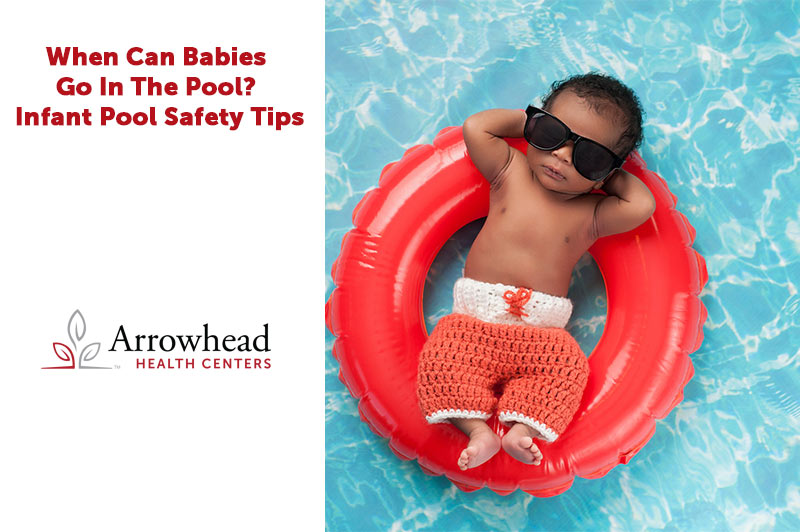
When Can Babies Go In The Pool Infant Pool Safety Tips Redirect Health Centers

Backyard Masters Carries Swimline Swim Tee Trainer Helps Our Child Adjust To The Water Tank Top Swimsuit With Learn To Swim Swimming Pool Toys Kids Swimming
Proper Pool Care For Babies And Children Swimways Blog
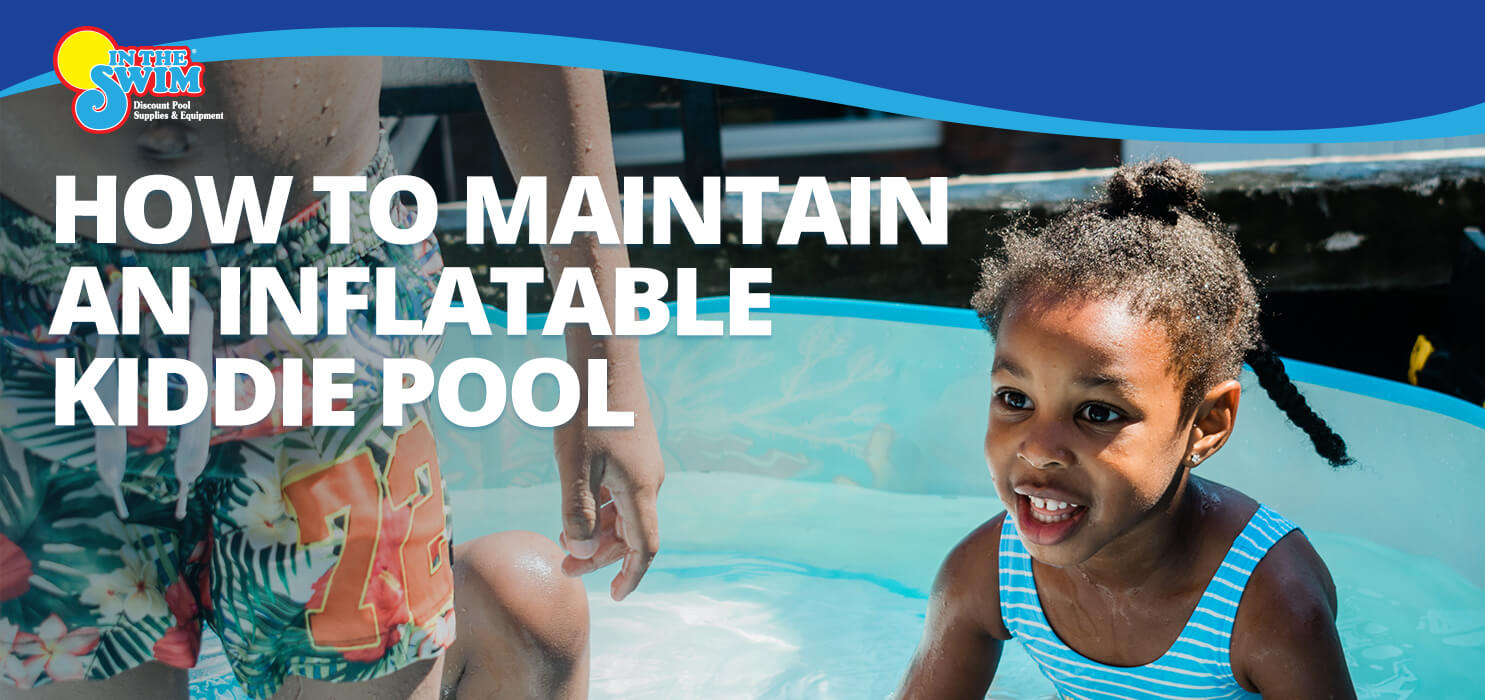
How To Maintain An Inflatable Kiddie Pool Intheswim Pool Blog
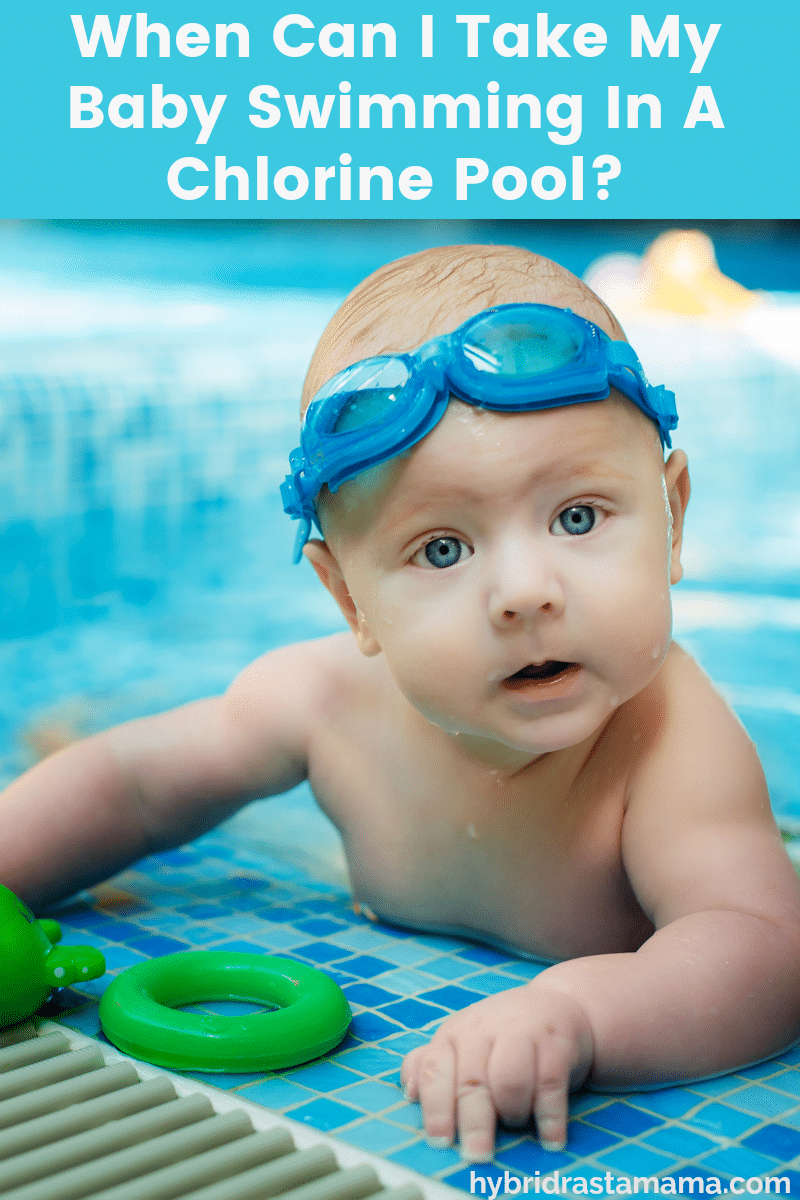
Chlorine And Babies When Is It Ok To Take A Newborn In A Chlorine Pool Hybrid Rasta Mama
Are Chlorine Pools Safe For Babies

